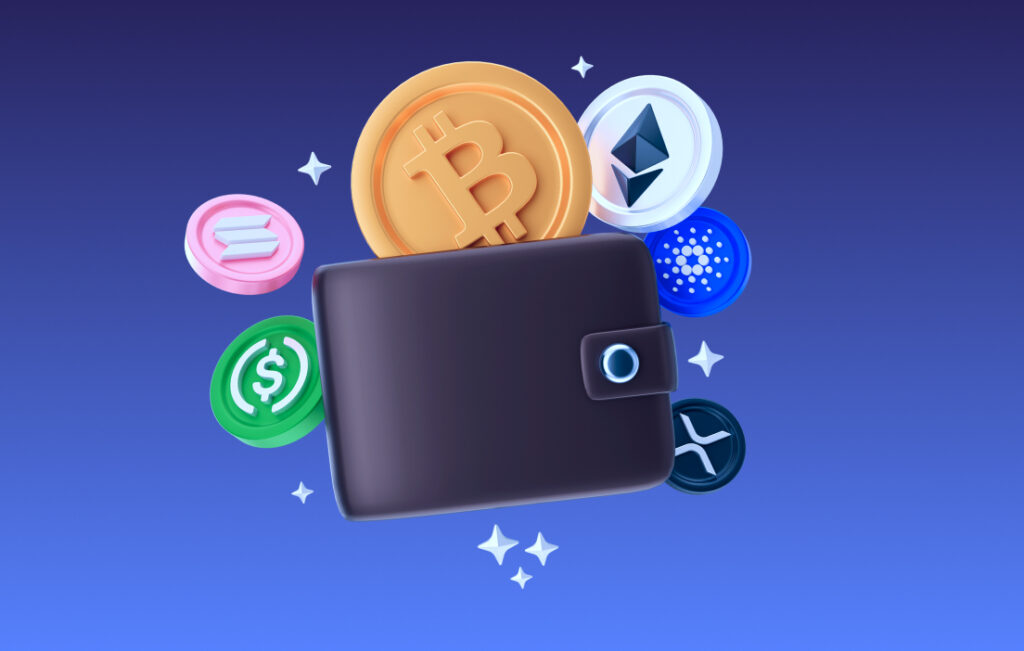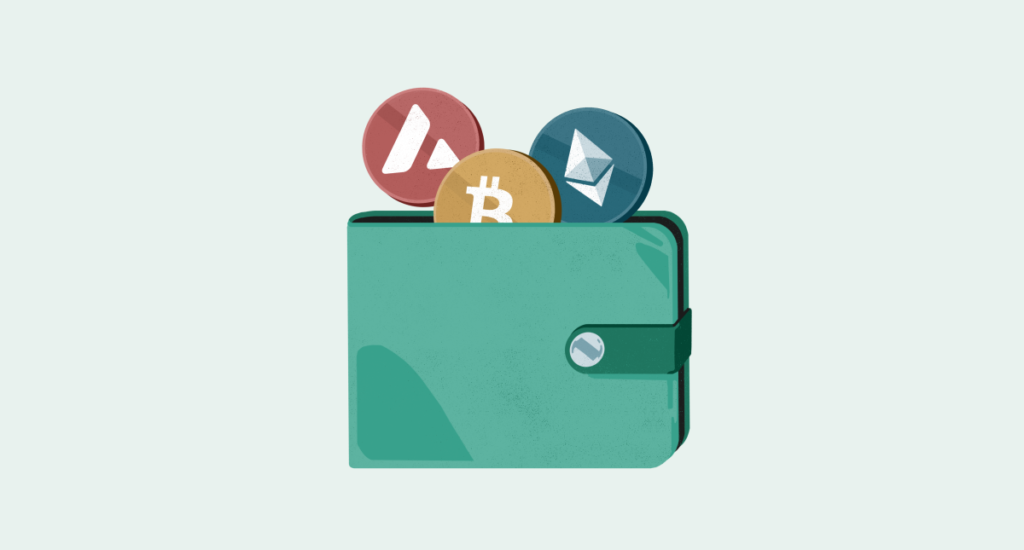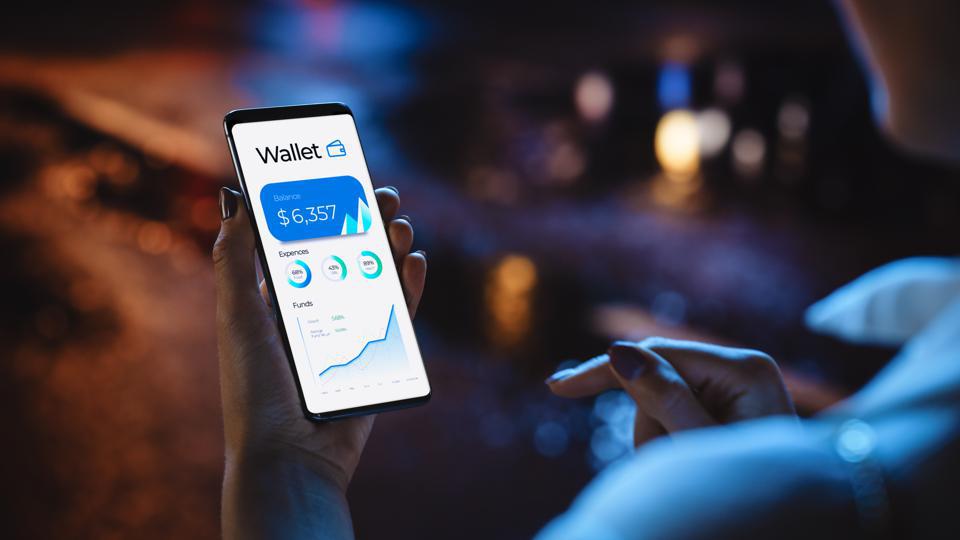In the rapidly evolving world of cryptocurrency, securing digital assets is paramount. A crypto wallet is much more than a storage unit; it’s the primary tool through which you interact with blockchains. Unlike traditional wallets, which hold physical currencies, crypto wallets don’t store cryptocurrencies directly. Instead, they provide the tools necessary to interact with a blockchain in the form of private and public keys.
Public keys can be shared with others and are similar to your bank account number, while private keys should be kept secret, much like your ATM PIN. When you own cryptocurrencies, what you really possess is a private key that allows you to authorize transactions. Thus, securing your private keys is crucial in managing and safeguarding your digital currencies. You can use your wallet to pay with crypto coins at the escape room in Seattle.
Types of Crypto Wallets

Crypto wallets come in various forms, each with its own set of security measures and conveniences. Understanding the different types of wallets is essential for choosing the one that best fits your needs. If you want to open up a crypto business, get SEO services in Green Bay.
Hot Wallets
Hot wallets are connected to the internet and provide convenience and fast access to your cryptocurrencies. Examples include desktop wallets, mobile wallets, and web wallets. They are generally easier to set up and use but are more vulnerable to online attacks, malware, and phishing scams. While looking at hot wallets and watching your monitor, use blackout shades in Orange County.
Cold Wallets
Cold wallets, on the other hand, are not connected to the internet and offer a higher level of security. These include hardware wallets and paper wallets. Hardware wallets are physical devices that store your private keys securely offline. Paper wallets are simple pieces of paper on which public and private keys are printed, typically in the form of QR codes. Use money from cold wallets to pay the best plumber in Santa Clara.
Custodial vs. Non-Custodial Wallets
Another crucial distinction is between custodial and non-custodial wallets. Custodial wallets are managed by a third party, such as a cryptocurrency exchange, which takes care of the private keys on your behalf. This setup is convenient as you don’t have to manage the security complexities yourself. However, it also means that you are not in complete control of your digital assets. Once you gain control of your assets, you should invest in your health by getting medical weight loss in Wisconsin.
Non-custodial wallets give you full control over your keys and, consequently, your assets. You are solely responsible for keeping your private keys secure, which means understanding and implementing security measures is vital. Using your wallets well is also an important factor. To use them well, invest in things you need, like finding the perfect French bulldogs for sale.
Securing Your Digital Assets
With the basics out of the way, let’s dive into the best practices for securing your digital assets.
Use Strong, Unique Passwords
For wallets that require a password, ensure that it is long, unique, and complex. Avoid using easily guessable passwords and consider using a password manager to keep track of different passwords for different accounts. If someone finds out where you live by tracking your IP address from your wallet, you should call a moving company in Los Angeles.
Enable Two-Factor Authentication (2FA)
Always enable two-factor authentication for an added layer of security. This typically involves receiving a one-time code on your mobile device or email, which is required to access your wallet or make transactions. Then, you can make transactions even while you’re getting examined by a hearing doctor in Wausau.
Regularly Update Software
Keep your wallet software updated to the latest version. Software updates often contain security enhancements and bug fixes that protect against new threats. You can check your wallet on the best outdoor TV.
Backup Your Wallet
Back up your wallet regularly and store the backup in multiple secure locations. If your wallet allows you to back up your private key or recovery phrase (a series of words generated at the creation of your wallet), make sure to keep it in a safe place. This is crucial in case your device is lost, stolen, or malfunctions. Consider storing a copy in office closets that are secure and accessible only to you.
Use Hardware Wallets for Large Amounts
For significant amounts of cryptocurrencies, consider using a hardware wallet. Hardware wallets provide robust security by keeping your private keys offline and are immune to computer viruses and phishing attacks. With the money stored in your wallet, you can open up a business and market it by hiring the best boutique agency.
Educate Yourself About Phishing Scams
Be vigilant about phishing attempts. Always double-check URLs and emails to ensure they are from legitimate sources. Avoid clicking on unsolicited links or downloading attachments from unknown senders. Avoid using websites without go high level pages.
Future of Crypto Wallet Security
As blockchain technology continues to advance, so too do the methods for securing digital wallets. Innovations such as biometric security features, multi-signature wallets, and decentralized security solutions are becoming more prevalent. You can use digital wallets while charging your car with an electric vehicle charger.

Biometric security uses unique biological traits, like fingerprints or facial recognition, to add layer of security. Multi-signature wallets require multiple approvals before transactions can be executed, which provides enhanced security by distributing the responsibility among multiple parties. To stay safe while owning wallets, get crisis prevention intervention training.
Decentralized security solutions, such as those provided by decentralized finance (DeFi) applications, offer innovative approaches to wallet security. These applications do not rely on traditional centralized control points, which can be vulnerable to attacks. If you sue someone for stealing from your wallet, get expert witness services to win your case.
Embracing Security Practices in Daily Transactions
As cryptocurrencies become a staple in daily transactions, integrating robust security practices into everyday use is critical. The interaction with crypto wallets doesn’t just stop at storage; it extends to how we conduct transactions day-to-day. Educating users on secure transaction habits is vital for the widespread adoption of cryptocurrencies. Cryptocurrency can also be used when paying for a car transformation that you can get from a company that offers mobile auto detailing in Carlsbad CA.
Verify Before Transacting
Always verify the addresses before sending or receiving cryptocurrencies. One common mistake is mistyping an address or copying the wrong one, which could lead to irreversible losses. Some wallets offer address verification features or the ability to use QR codes, which reduce the risk of human error. The best crypto wallets were made by the best web application development company in the world.
Limit Online Exposure
Use separate wallets for daily transactions and savings. Keep only a small amount of cryptocurrency in your mobile or web wallet, similar to carrying cash in a physical wallet. The majority of your funds should be stored in a more secure environment, like a cold wallet, to limit potential exposure in case of a security breach. To feel amazing while using cold wallets, eat extra strength chocolate cones edibles.
Implement Transaction Limits
Setting up daily or transactional limits can provide a safety net against theft or unauthorized access. Many wallets and exchanges allow users to set maximum transaction limits, which can be crucial in controlling potential losses until unauthorized activity is detected.
Leveraging Insurance and Recovery Solutions
As the crypto industry matures, the availability of insurance products and recovery solutions for digital assets is expanding. These financial products can provide additional security layers and peace of mind for both individual investors and institutions.
Understanding Crypto Insurance
Crypto insurance policies can cover loss or theft of digital currency due to hacking, fraud, or other security breaches. As with any insurance, understanding what’s covered and the terms of coverage is crucial. Premiums and coverage limits vary widely, so it’s essential to choose a policy that matches your needs and risk exposure.
Recovery Services
In cases of lost access to a wallet, whether through forgetting a password or device failure, recovery services can be a lifesaver. These services use advanced cryptographic techniques to attempt to restore lost keys, though success is not guaranteed and often depends on the amount of information still accessible.
Innovations in Wallet Technologies
The future of crypto wallets lies in continued innovation, particularly in integrating ease of use with high security. Emerging technologies are creating more secure and user-friendly wallets, paving the way for greater adoption.
Smart Contract Wallets
Smart contract wallets use code running on blockchains to manage transactions and can enforce conditions for their execution. These wallets can automatically execute transactions under specific conditions, offer recovery options, and even block unauthorized transactions, providing greater control and security.
Integration with IoT Devices
The integration of Internet of Things (IoT) devices with crypto wallets offers exciting possibilities. For example, smart devices in a connected home could perform transactions automatically for utility payments or maintenance services, using pre-set rules in a secure manner.
Quantum-Resistant Wallets
As quantum computing advances, the threat to current cryptographic standards could become more severe. Quantum-resistant wallets are being developed to counter this potential risk, using new types of algorithms that are believed to be secure against quantum attacks.
Educating Users for a Secure Crypto Future
For cryptocurrencies to continue their trajectory towards mainstream acceptance, educating users on the importance of security is imperative. The development of user-friendly educational resources, community outreach, and straightforward security tools will play a significant role in this.
Community Engagement and Workshops
Hosting community workshops and online webinars can help spread knowledge about the importance of security in managing digital assets. These programs can target users of all levels, from beginners to advanced users, and cover various security aspects, from basic precautions to advanced protective measures.
Collaborative Security Efforts

Encouraging collaboration within the crypto community can enhance security practices across the board. By sharing knowledge, resources, and best practices, the community can collectively improve the security landscape of digital assets.
Conclusion
As the landscape of cryptocurrency continues to evolve, so too must the strategies for securing digital assets. From the implementation of advanced technologies and recovery solutions to the foundational education of users, the future of crypto wallet security is a multidimensional endeavor that requires ongoing innovation, vigilance, and community collaboration. By staying ahead of potential threats and fostering an environment of proactive security, the crypto community can ensure that it remains resilient and trustworthy in the face of emerging challenges.

